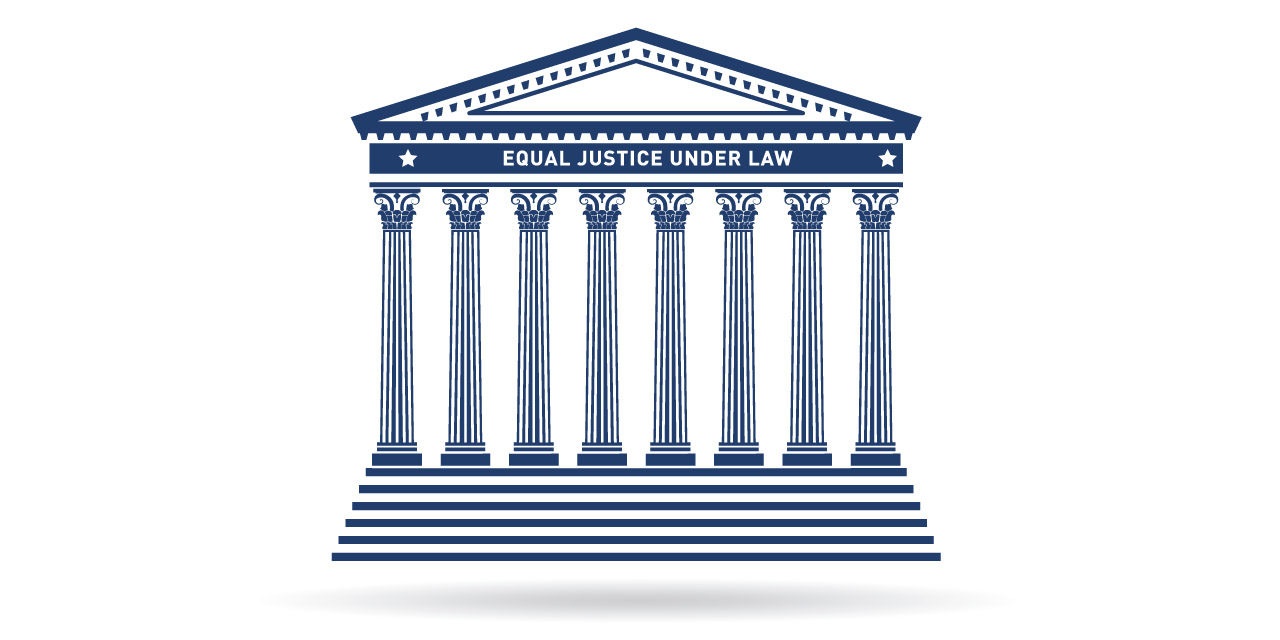By now everyone has heard that the U.S. Supreme Court struck down, by a vote of 5 to 4, a Louisiana law that required abortionists to have admitting privileges at a local hospital. The law served to provide women a modicum of assurance that their abortion “doctor” was minimally qualified to perform an abortion as well as a continuity of care if complications arising during the abortion resulted in a trip to the emergency room at a real hospital.
Several issues converged in this case, according to the four dissenters from the majority opinion, Justices Samuel Alito, Clarence Thomas, Neil Gorsuch and Brett Kavanaugh. Do abortionists have the right to bring these lawsuits in the first place “on behalf of” women? Did a 2016 Supreme Court ruling in a Texas case apply to Louisiana’s situation? Is Roe v. Wade illegitimate?
Of the various dissents, Justice Thomas’ writing is the most passionate, emphatic and quotable. He starts off with an overview of how the majority opinion misses the mark.
“Today a majority of the Court perpetuates its ill-founded abortion jurisprudence by enjoining a perfectly legitimate state law and doing so without jurisdiction. As is often the case with legal challenges to abortion regulations, this suit was brought by abortionists and abortion clinics. Their sole claim before this Court is that Louisiana’s law violates the purported substantive due process right of a woman to abort her unborn child. But they concede that this right does not belong to them, and they seek to vindicate no private rights of their own. Under a proper understanding of Article III, these plaintiffs lack standing to invoke our jurisdiction.”
Thomas has always been, and continues to be, an outspoken critic of Roe v. Wade and subsequent Supreme Court abortion decisions.
“But those decisions created the right to abortion out of whole cloth, without a shred of support from the Constitution’s text. Our abortion precedents are grievously wrong and should be overruled.
“But today’s decision is wrong for a far simpler reason: The Constitution does not constrain the States’ ability to regulate or even prohibit abortion.
“This reasoning is as mystifying as it is baseless.
“[T]he idea that the Framers of the Fourteenth Amendment understood the Due Process Clause to protect a right to abortion is farcical.
“Because Roe and its progeny are premised on a ‘demonstrably erroneous interpretation of the Constitution,’ we should not apply them here.
“Moreover, the fact that no five justices can agree on the proper interpretation of our precedents today evinces that our abortion jurisprudence remains in a state of utter entropy. Since the Court decided Roe, members of this Court have decried the unworkability of our abortion case law and repeatedly called for course corrections of varying degrees.
“Because we can reconcile neither Roe nor its progeny with the text of our Constitution, those decisions should be overruled.”
Justice Alito’s dissent was lengthy and workmanlike, and in particular he was highly critical of how the topic of abortion has led the Court to stray from the legal rules it typically follows in other constitutional cases.
“The majority bills today’s decision as a facsimile of Whole Woman’s Health v. Hellerstedt […] and it’s true they have something in common. In both, the abortion right recognized in this Court’s decisions is used like a bulldozer to flatten legal rules that stand in the way.”
Justice Gorsuch, with probably the quote of the day, compared the majority’s unconstrained decision and Chief Justice Roberts’ concurrence to a type of stew:
“By contrast, and as today’s concurrence recognizes, the legal standard the plurality applies when it comes to admitting privileges for abortion clinics turns out to be exactly the sort of all-things-considered balancing of benefits and burdens this Court has long rejected. Really, it’s little more than the judicial version of a hunter’s stew: Throw in anything that looks interesting, stir, and season to taste.”
Finally, what conservative wouldn’t share Justice Gorsuch’s perspective on today’s decision?
“To arrive at today’s result, rules must be brushed aside and shortcuts taken. While the concurrence parts ways with the plurality at the last turn, the road both travel leads us to a strangely open space, unconstrained by many of the neutral principles that normally govern the judicial process. The temptation to proceed this direction, closer with each step toward an unobstructed exercise of will, may be always with us, a danger inherent in judicial review. But it is an impulse this Court normally strives mightily to resist. Today, in a highly politicized and contentious arena, we prove unwilling, or perhaps unable, to resist that temptation. Either way, respectfully, it is a sign we have lost our way.”
Photo from Shutterstock






